Should I upgrade to Windows 10?
Windows 10 free upgrades ended on 29 July - Microsoft outlines Windows 10 Enterprise cost
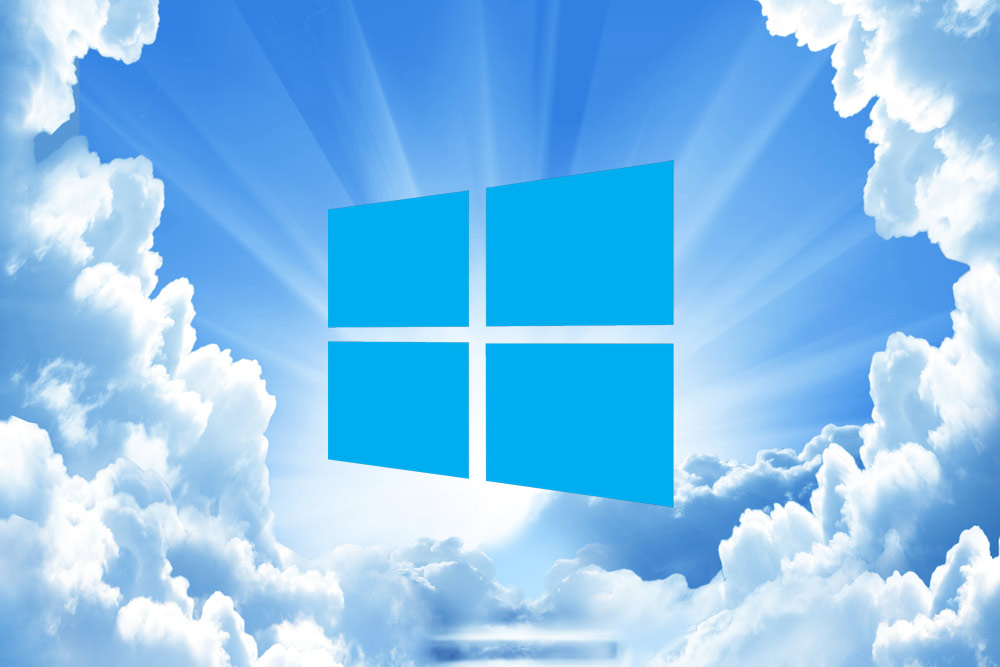
Sign up today and you will receive a free copy of our Future Focus 2025 report - the leading guidance on AI, cybersecurity and other IT challenges as per 700+ senior executives
You are now subscribed
Your newsletter sign-up was successful
Updates
Windows 10 is the last version of the operating system, according to Microsoft (though somewhat confusingly, it also claims support will expire in 2025).
What that means is devices will get regular, minor, updates rolled out to them, known as Builds', instead of big releases of Windows 10.1, or even a Windows 11.
"Microsoft is moving from a major plus minor version upgrade system to a continuous delivery model. Therefore, new functionality will be provided alongside patches," says Quocirca's Longbottom.
"This can be seen as either the greatest move forward since Windows was introduced or as the biggest threat."
That's in part because IT is suddenly faced with a potential headache over hundreds or thousands of updates slowing down devices on a continuous basis.
To combat this, Microsoft has introduced Update for Businesses, which gives IT the power to pick which devices receive updates and when this happens.
The idea here is to keep systems and computers functional when the business needs them to work well, but Longbottom believes this added flexibility is in fact a hidden threat.
Sign up today and you will receive a free copy of our Future Focus 2025 report - the leading guidance on AI, cybersecurity and other IT challenges as per 700+ senior executives
"For those going at Microsoft's pace, they will find it hard to carry out any retro-testing against the introduction of new functionality," he warns.
"By not going at Microsoft's pace, you run a couple of risks ... you run the risk of leaving security issues in place and so falling prey to the black hats out there."
But a larger threat looms for those who lag behind Microsoft's update speed, Longbottom believes, related to retro-testing.
"As this is all continuous delivery, when do you decide to bundle everything up, retro-test it and send it out to machines?" he asks. "How do you decide what should go where, when things could change tomorrow, where Microsoft is just saying this is build 10.101.34527b, rather than this is Windows 10.1?"
This will require companies going at their own pace to introduce much tougher, more rigorous policies, but in Longbottom's experience this is rarely the case.
"Those that tend to want to go at their own pace tend to be the ones with the poorest policies and processes," he admits.
Should I upgrade?
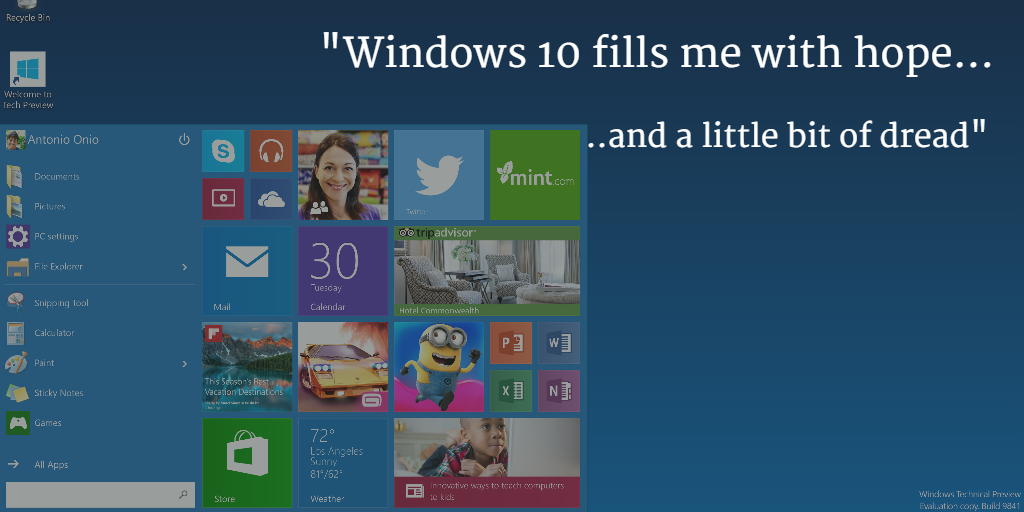
So, should you bite the bullet and upgrade to Windows 10? Absolutely. Just not immediately, according to our panellists.
Not only is there a risk many legacy applications will not be compatible with the new operating system, Microsoft also has a history of releasing pretty buggy software.
University of Dundee's Saunders says: "Windows 10 fills me with hope and a little bit of dread. History will tell us that Microsoft should get this OS right since they got the last one so very wrong.
"When they get it right, they really get it right but when they get it wrong it is normally by a frustratingly small margin."
He fears that this final' version of Windows won't simplify IT landscapes, but will introduce more complexity.
"Really this is the last seven versions of Windows with Windows 10 Home, Pro, Enterprise, Education, Mobile, Mobile Enterprise, and IoT core," he explains. "Microsoft has continued to confuse their customers and stress IT departments."
However, the temptation is great, with Microsoft offering the operating system as a free upgrade during the first year after launch for consumer users of Windows 7, 8 and 8.1, who are able to reserve their copy immediately.
Consumers who don't upgrade within the year will be charged to do so, with fees starting at 100.
There's a slight delay for enterprise users, with volume licensing customers only able to download Windows 10 Enterprise and Windows 10 Education on Volume Licensing Service Center (VLSC) from 1 August, and it won't be free.
Instead, a Microsoft spokeswoman told us: "Windows 10 Enterprise does not qualify for the free upgrade offer, but as with prior versions, active Software Assurance customers in Volume Licensing can upgrade to Windows 10 Enterprise as part of their existing Software Assurance benefits."
Whether you're an active Software Assurance customer or not, you should wait rather than rush into it, believes MSMD Advisors' Davis.
"Upgrading is not just about the download. In the enterprise, integration with all back-end apps and devices is key, and for many will require a hardware refresh as well," he says.
"Plan it and test and trial extensively first. I would be very surprised to see major organisations transition wholesale in the first year, there is too much risk, as always wait for the R1 release."
Longbottom points out that the lack of licence costs make Windows 10 an attractive prospect for CIOs, but adds that those stuck on XP or Vista may face an upgrade fee.
"But Microsoft really wants to protect its Windows base, and Quocirca believes that it will be very flexible in negotiations with anyone who can put forward a reasonable argument as to why they could be considering moving to e.g. Linux or Chrome as a desktop operating system," he adds.
For Vivobarefoot head of operations Peat, Windows 10 signifies the rebirth of Microsoft, which has been guilty of a lack of innovation under Steve Ballmer's reign as CEO.
"All in all this is a massive leap forward for Microsoft, who for a number of years have seemed like a sleeping giant," says Peat. "They appear to be back and I might even be convinced to upgrade to a Windows phone."
-
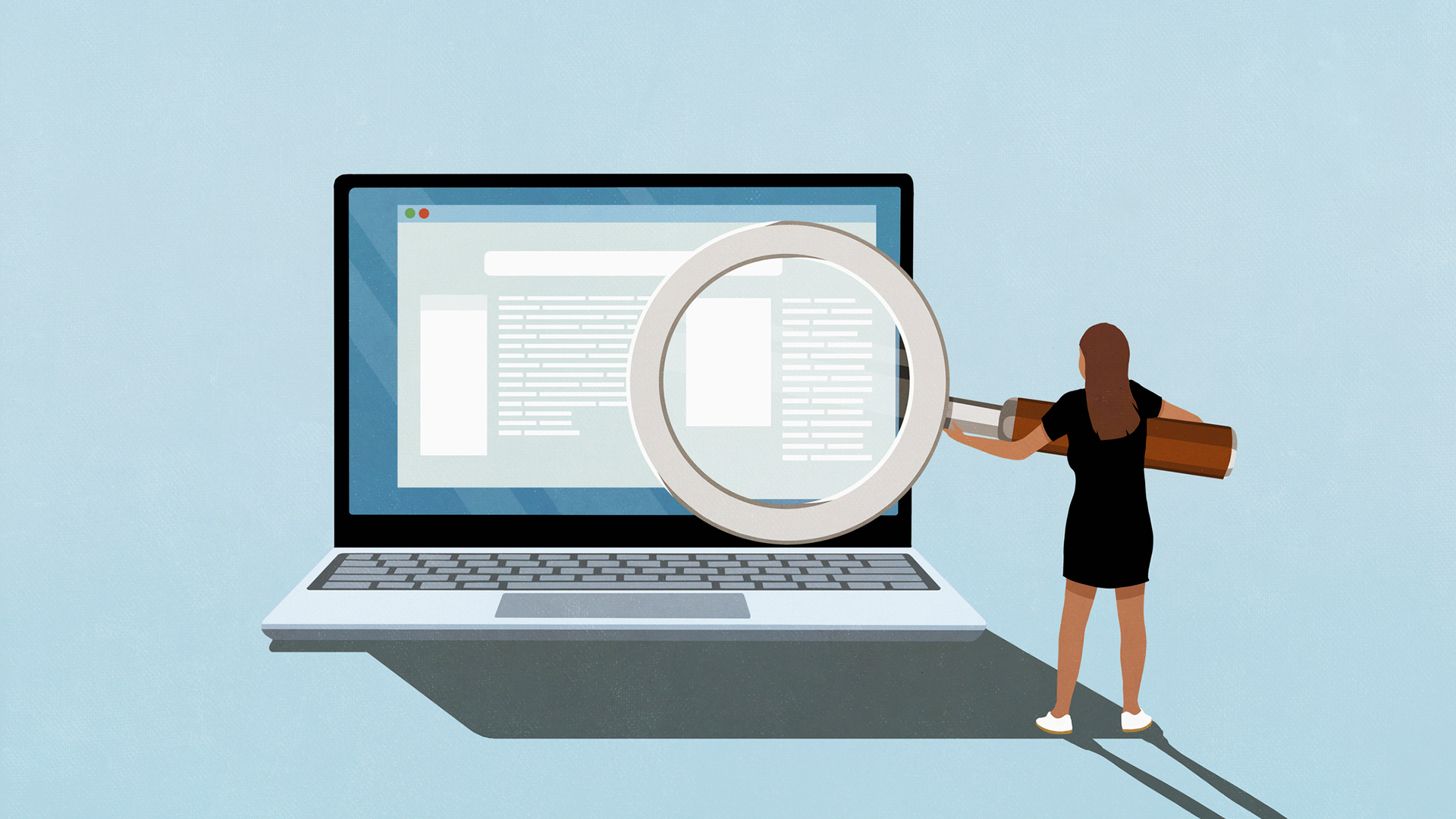 Will a generative engine optimization manager be your next big hire?
Will a generative engine optimization manager be your next big hire?In-depth Generative AI is transforming online search and companies are recruiting to improve how they appear in chatbot answers
-
 European Commission clears Google’s Wiz acquisition, citing 'credible competition' from Amazon and Microsoft
European Commission clears Google’s Wiz acquisition, citing 'credible competition' from Amazon and MicrosoftNews Regulators said there are “several credible competitors” to Google regardless of the acquisition
-
 'Digital hide-and-seek': Workers are wasting hundreds of hours a year sourcing the information they need to carry out their role
'Digital hide-and-seek': Workers are wasting hundreds of hours a year sourcing the information they need to carry out their roleNews Knowledge workers globally are wasting a quarter of their working week tracking down information, new research from Atlassian has revealed.
-
 Untethered: How CIOs and CISOs are paving the way for the new hybrid workforce
Untethered: How CIOs and CISOs are paving the way for the new hybrid workforceWhitepaper Effective techniques to transition from exposed legacy infrastructure to an effective zero trust strategy
-
 Unlocking the power of your digital services
Unlocking the power of your digital servicesSponsored Businesses have invested significant cash into technology since COVID-19, but are they really getting their money's worth?
-
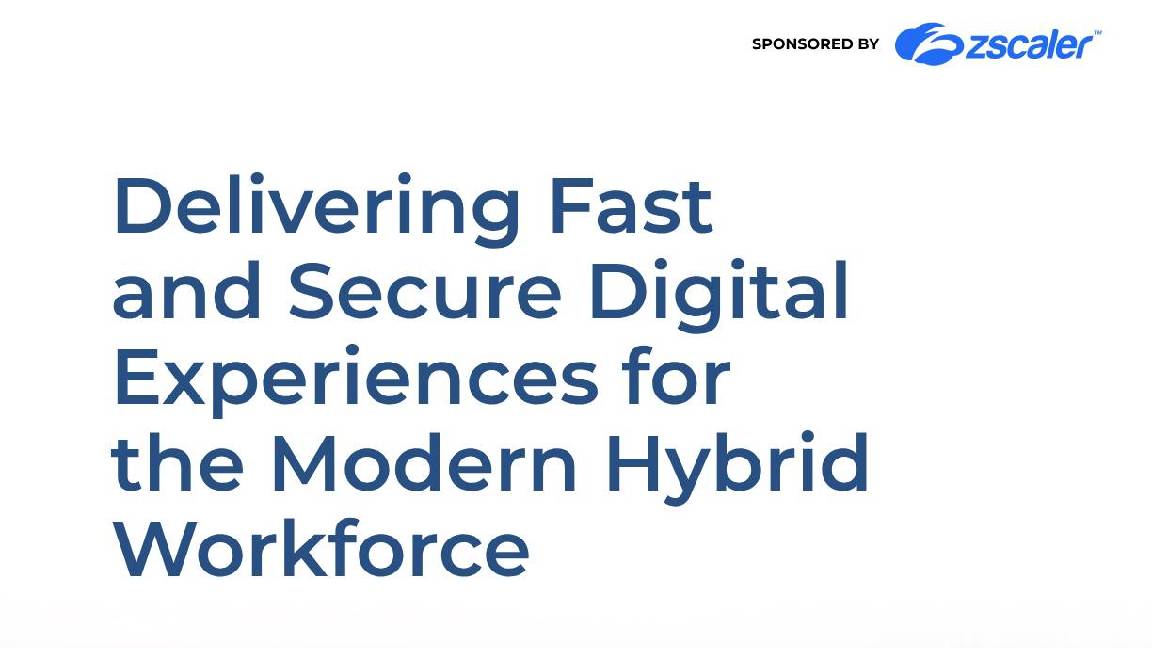 Delivering fast and secure digital experiences for the modern hybrid workforce
Delivering fast and secure digital experiences for the modern hybrid workforceWhitepaper A new approach to digital experience monitoring that can monitor the health of all systems
-
 Collaboration is the glue that holds your business together
Collaboration is the glue that holds your business togetherSPONSORED A combination of productivity tools and cloud telephony can enable the best from your workforce
-
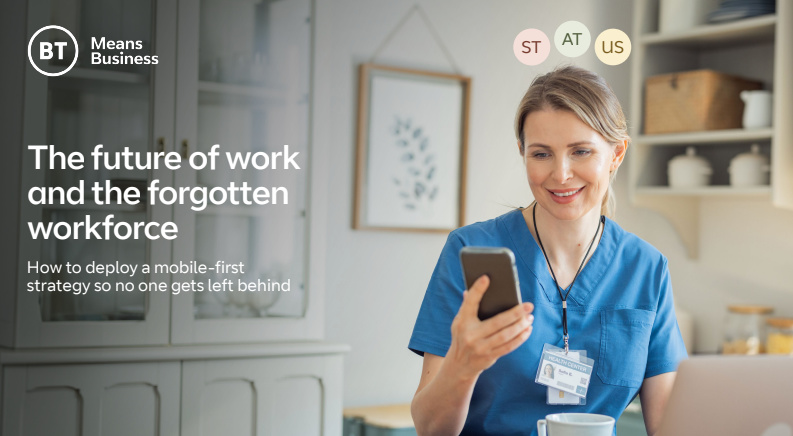 The future of work and the forgotten workforce
The future of work and the forgotten workforcewhitepaper How to deploy a mobile-first strategy so no one gets left behind
-
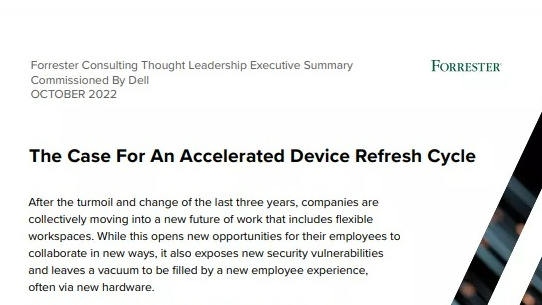 The case for an accelerated device refresh cycle
The case for an accelerated device refresh cycleWhitepaper Achieving a more cost-effective device lifecycle overall
-
 Employees are choosing how they work
Employees are choosing how they workWhitepaper And with the right secure digital strategy, this could be a great thing for your business: today and far into the future